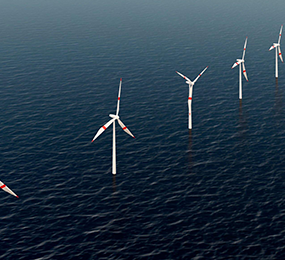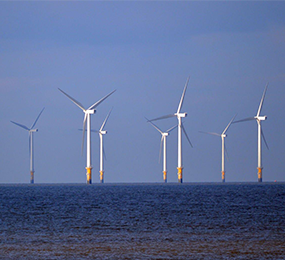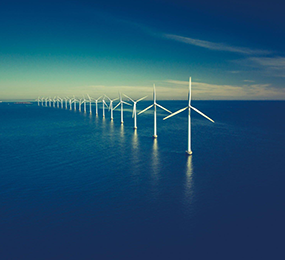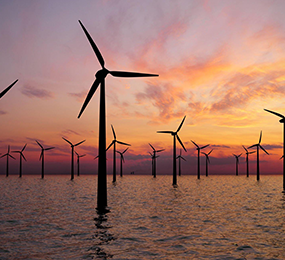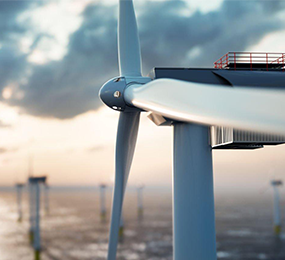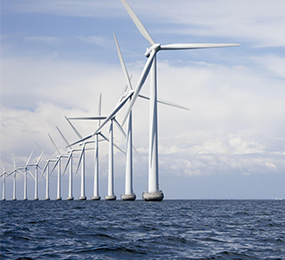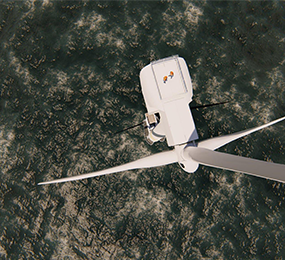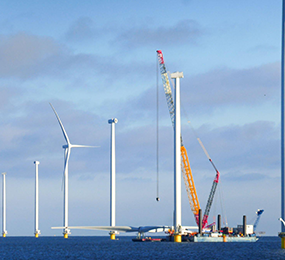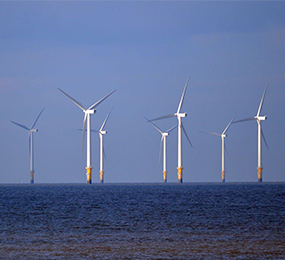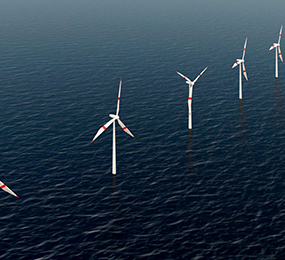Government policy serves as a powerful catalyst in accelerating the growth and development of floating offshore wind energy. By creating a supportive environment, governments can unlock the full potential of this clean and renewable energy source. Let's explore the key roles government policy plays in propelling this industry forward.
Financial Incentives: Governments can stimulate investment in floating offshore wind projects through various financial incentives. These include subsidies, tax credits, feed-in tariffs, and loan guarantees. By reducing financial risks and offering attractive returns, these incentives encourage private sector participation and drive innovation.
Regulatory Framework: A clear and supportive regulatory framework is essential for the successful development of floating wind farms. Governments can streamline permitting processes, establish environmental standards, and provide grid connection support. By reducing bureaucratic hurdles and ensuring a predictable regulatory environment, governments can accelerate project timelines and attract investment.
Research and Development: Investing in research and development is crucial for advancing floating wind technology. Governments can allocate funds for research into areas such as platform design, mooring systems, and grid integration. By supporting innovation, governments can drive down costs, improve efficiency, and enhance the overall competitiveness of the industry.
Grid Integration: Integrating large-scale renewable energy sources like floating wind into the existing electricity grid requires careful planning and investment. Governments can play a vital role in upgrading grid infrastructure, developing smart grid technologies, and implementing policies that facilitate the integration of variable renewable energy sources.
Supply Chain Development: Governments can support the development of a domestic supply chain for floating wind energy by providing incentives for manufacturing and assembly within their borders. This can create jobs, boost local economies, and enhance the overall competitiveness of the industry.
Offshore Spatial Planning: Effective spatial planning is essential for identifying suitable locations for floating wind farms while considering other marine activities and environmental concerns. Governments can play a key role in developing comprehensive offshore spatial plans that balance energy development with ecosystem protection.
By implementing these policy measures, governments can create a favorable environment for the growth of floating offshore wind energy, contributing to a cleaner, more sustainable energy future.
To register or learn more about the Forum please check here: https://www.leadventgrp.com/events/5th-annual-floating-wind-europe/details
For more information and group participation, contact us: [email protected]


